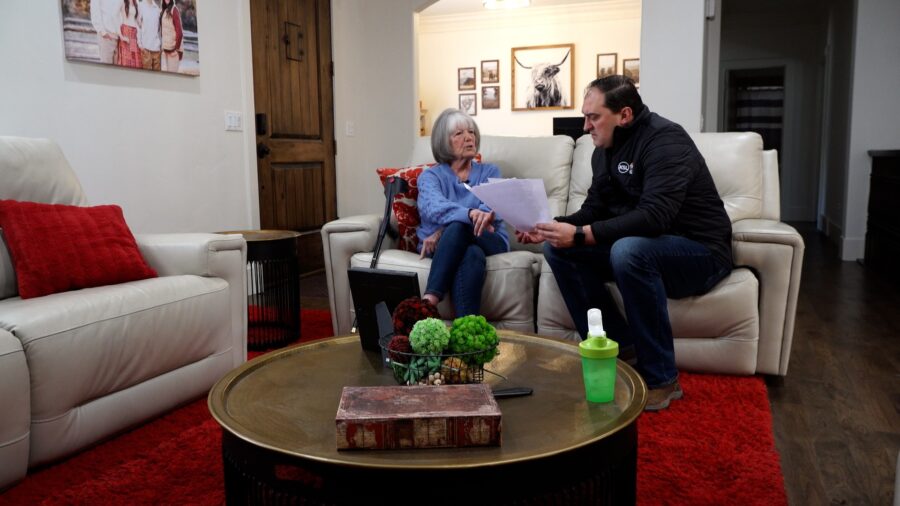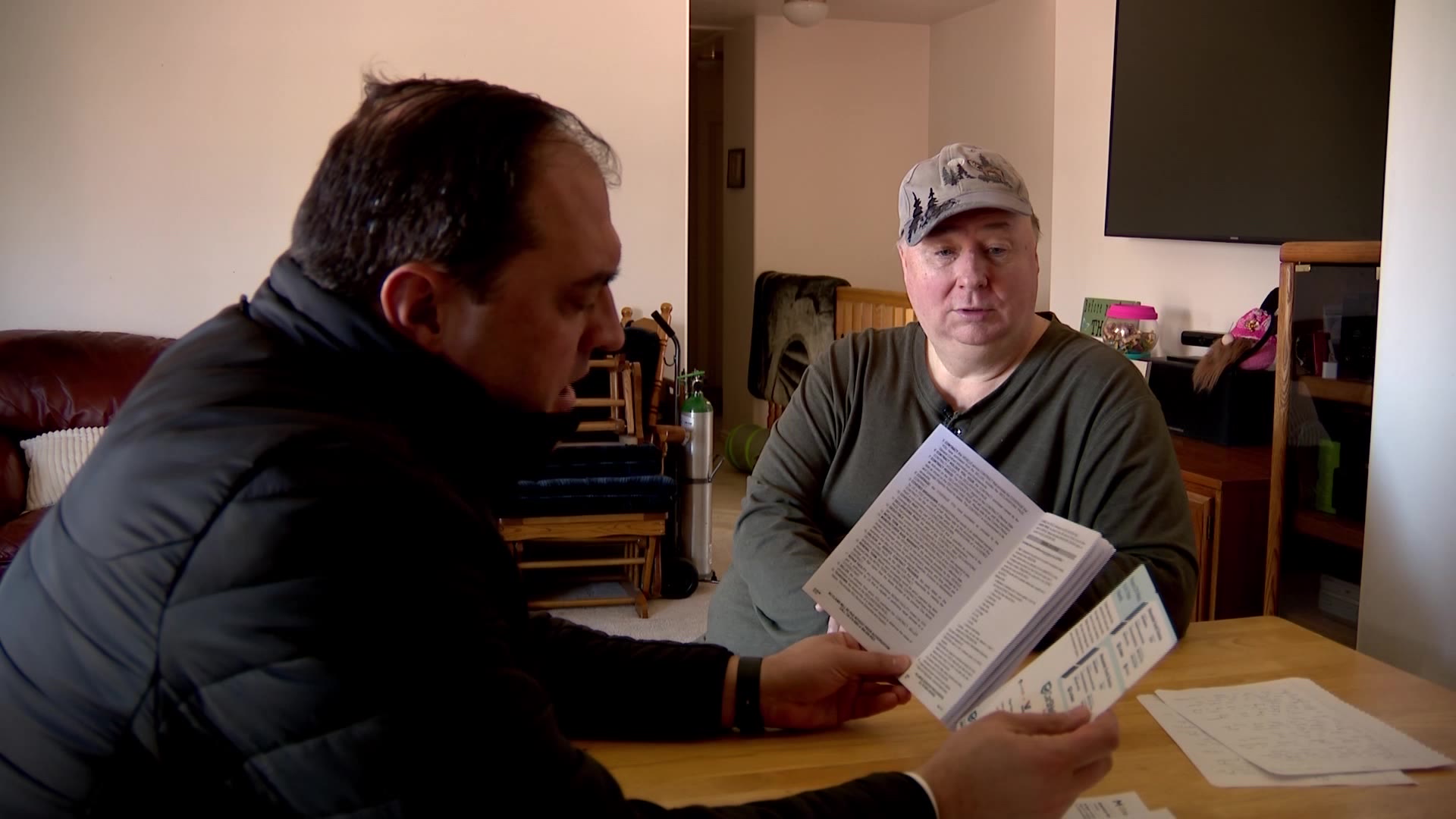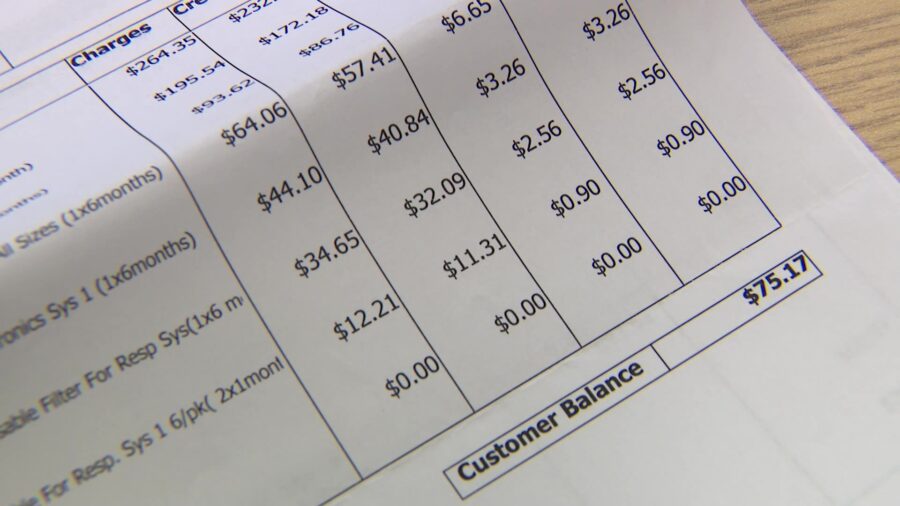Gephardt: Fighting back the pressure to overspend on back-to-school shopping
Aug 25, 2021, 12:46 PM
SALT LAKE CITY — What seasonal event, besides the holidays, pushes stress levels high enough to cause parents to overspend? Turns out, it’s back-to-school shopping.
Retailers are expecting parents to spend more than $37 billion this year on everything from glue sticks to laptops — a record amount, according to the National Retail Federation. And a recent survey by CreditCards.com found parents and guardians of all ages are feeling pressure to open their wallets and spend more than they planned on.
Data shared with the KSL Investigators found 49% of millennial parents feel the need to overspend. So do 37% of Generation Xers and 27% of baby boomers. That’s very similar to the numbers seen during the gift-giving season of the winter holidays: 46% for millennials, 41% for Generation Xers and 28% for baby boomers.
Ted Rossman, a senior industry analyst for CreditCards.com, conducted the survey and suspects some of that pressure stems from parents trying to make this year a good year, after a crazy year of remote learning.
“There’s always been some element of splurging on back-to-school, but I think it’s even worse now because of COVID and inflation and some supply chain issues,” he said.
Amplifying that pressure are all those wonderful back-to-school posts we’re all seeing on social media.
“We want that picture of our kids looking great on the first day of school. And they’ve got the great outfits and the shoes and the backpack and all the supplies,” said Rossman.
So, how can parents avoid overspending?
Rossman recommended parents create a budget, look for opportunities to spread the spending over several weeks and involve their kids in the whole process. Teach them about price comparisons and finding the best deals.
“It comes down to tradeoffs. It’s like if you splurge in one area, you’ve got to cut back in another because as long as you are upfront with your kids and say this is the budget, give them some freedom to spend within that,” advised Rossman. “But I actually think that’s a healthy way to teach consumer behavior.
Rossman said parents can also make social media and the internet work to their advantage by looking for free or low-cost items on online classifieds, eBay or even “buy nothing” groups on Facebook. We found dozens of such groups based in Utah.













